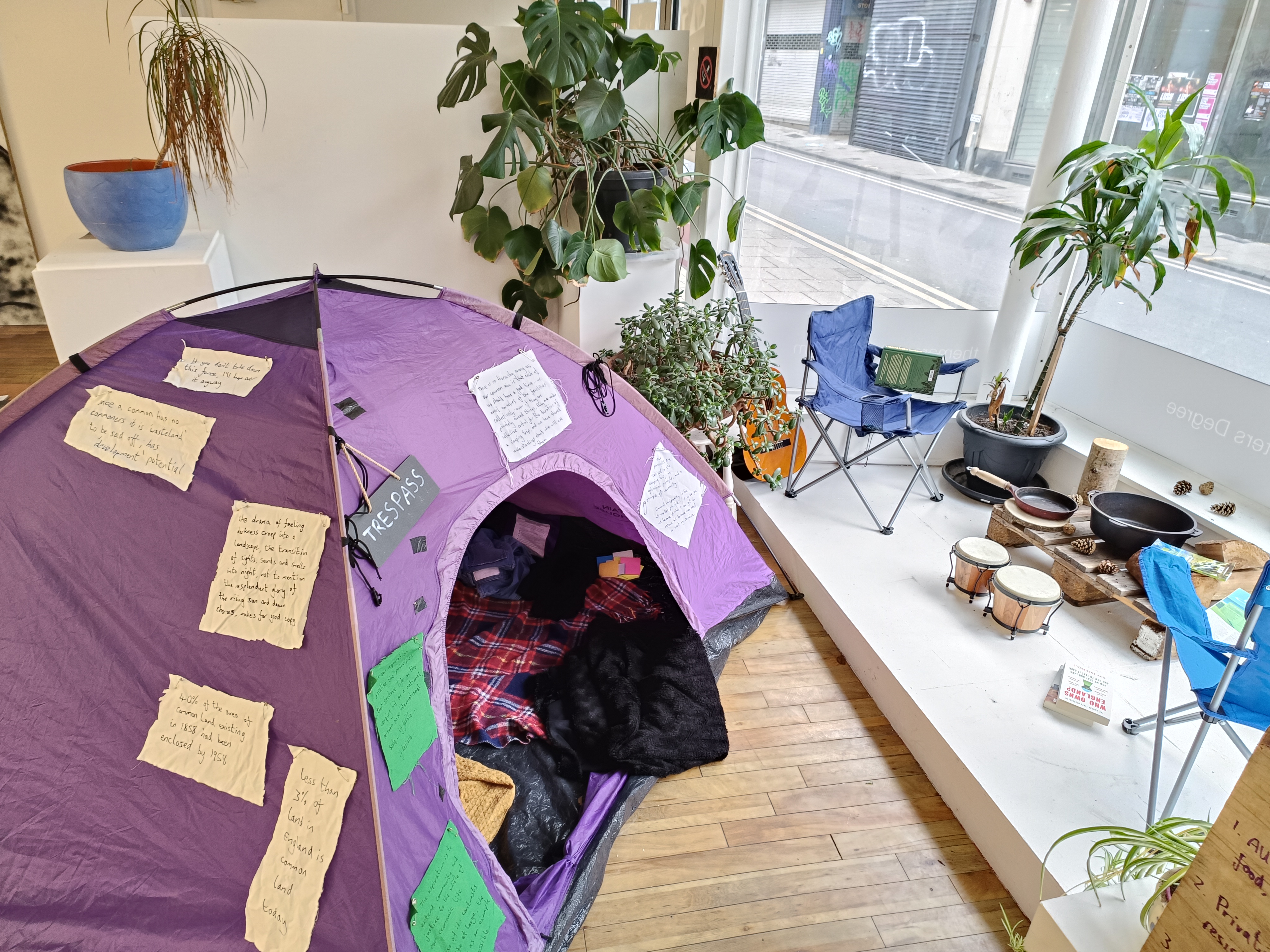Events
Re-drawing the Map
Public Workshop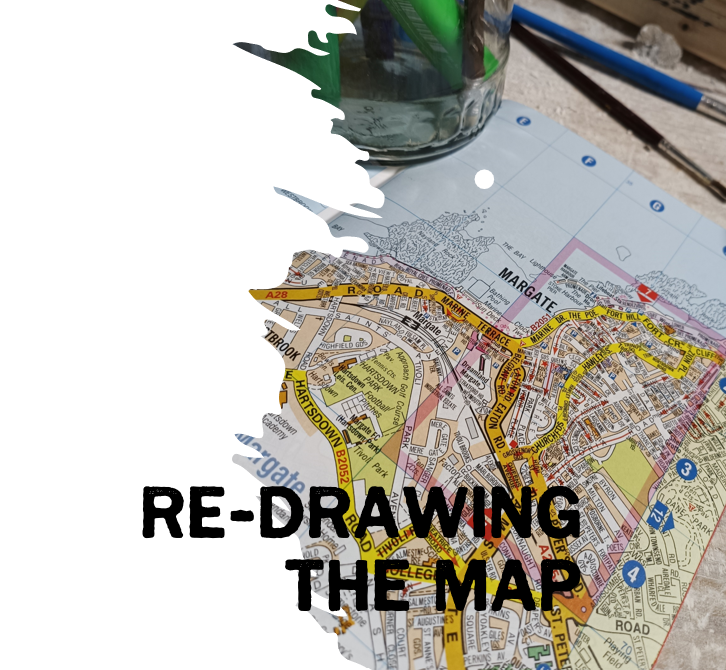
20-21 May 10am-4pm @The Margate School
A drop in session for residents and visitors to think about the ways we navigate the town and re-draw the map from our own perspectives.
“The map is not the territory” – Alfred Korzybski
Maps often shape the ways we view our environment – but these are abstract at best and created for specific reasons. Maps are never neutral.
Using a process of counter-mapping we can shed light on how spaces are actually used, and how what places really mean to people.
Over two days you are invited to drop in, chat, have a tea or coffee, and draw out the routes and places that matter to you:
- What are the landmarks in your life?
- What are your regular routes?
- Where are the forgotten and forbidden places?
- Where are the borders drawn?
Run by TMS Sociologist-in-Residence David Nettleingham
More information: Redrawing the Map
benjin – Music for Cello and Nyckelharpa
Public Lecture and Performance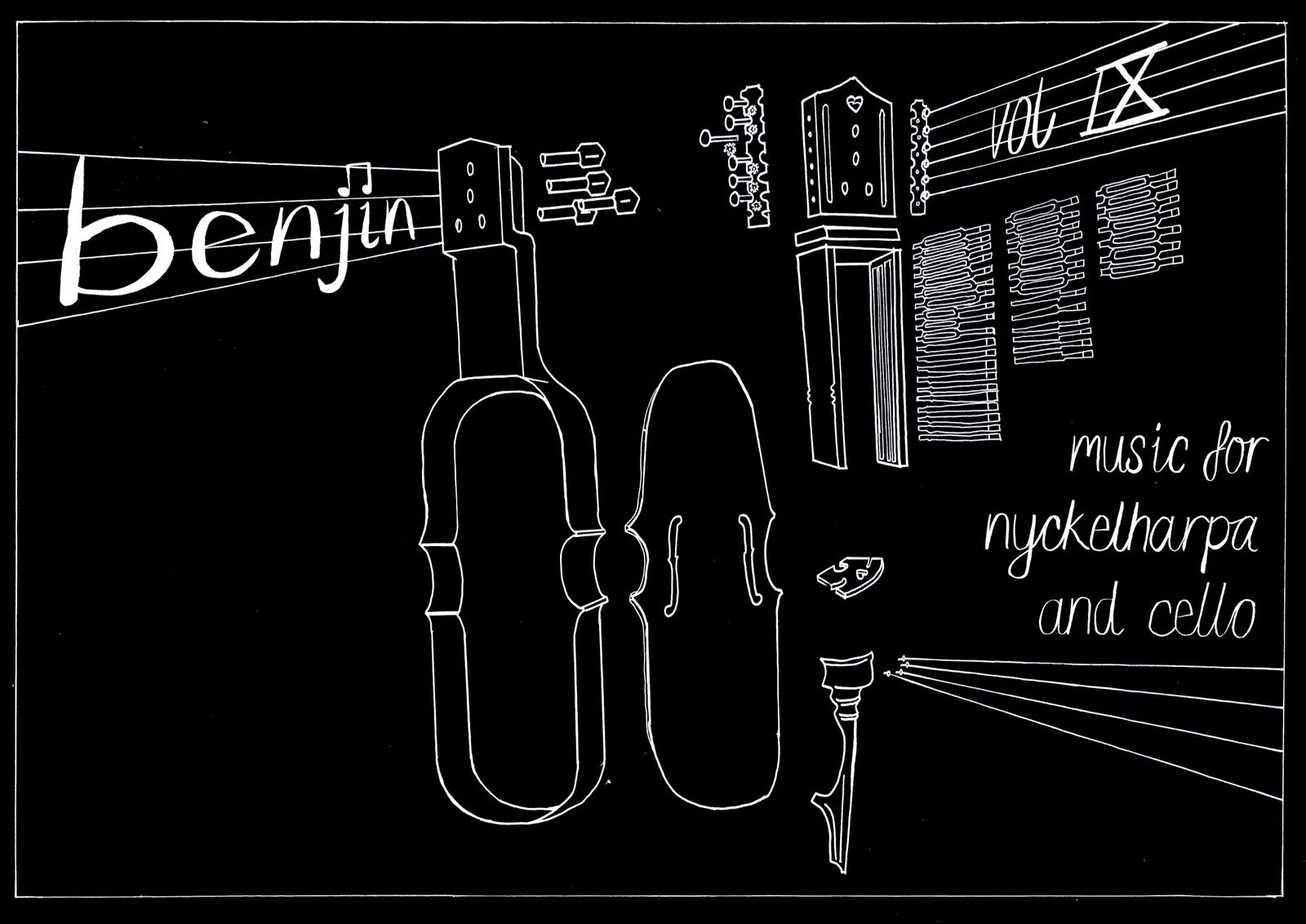
2nd December 2022, doors open 5.30pm @The Margate School
benjin is a multi-instrumentalist, academic, artist and storyteller who has toured with a number of experimental ensembles over the last 15 years. Taking inspiration from the UK’s unique maritime heritage, his solo compositions use classical guitar, cello, harp, clarinet, vocals, nyckelharpa, field recordings and found sounds. Aside from regular concert performances, benjin’s music has been featured on BBC Radio 6 and BBC Radio 3, and at the TATE and Serpentine Galleries.
Programme Description
Music for Cello and Nyckelharpa, benjin’s 9th solo album, is a musical conversation between the cello and its lesser-known cousin, the nyckelharpa. Translated into English as a ‘keyed fiddle’ or literally a ‘key harp’, the nyckelharpa is a bowed instrument with three melody strings, one drone and twelve sympathetic strings (which give it its unique ethereal sound). The left hand operates three (or four) separate rows of keys which then press directly onto the strings and change the notes. This keyed mechanism means that all ornamentation on the ‘harpa’ is without vibrato and imbued with a distinct percussive aesthetic.
Over the last two centuries, the nyckelharpa has been primarily upheld as the national instrument of Sweden where it is generally played in a variety of folk-dance music contexts. However, from decorative carvings found on the entrances to 14th Century churches in Lower Saxony, through to fresco paintings adorning halls in Renaissance Siena, traces of premodern iterations of the keyed fiddle can be found across Europe. Given this pan-European lineage, the music contained in this concert/seminar seeks to expand our ideas of the nyckelharpa and to reach beyond discrete national boundaries and ‘traditional’ repertoires. Amongst original compositions, a Bach violin sonata and dense free form improvisations, you will also find minimalist arrangements of the Swedish lament ‘Vem Kan Segla Förutan Vind?’ (Who Can Sail Without the Wind?) and the Abbotts Bromley Horn Dance, a British folk song which can be traced back to the 1200s.
Vince Miller | Digital Ruins
Public Lecture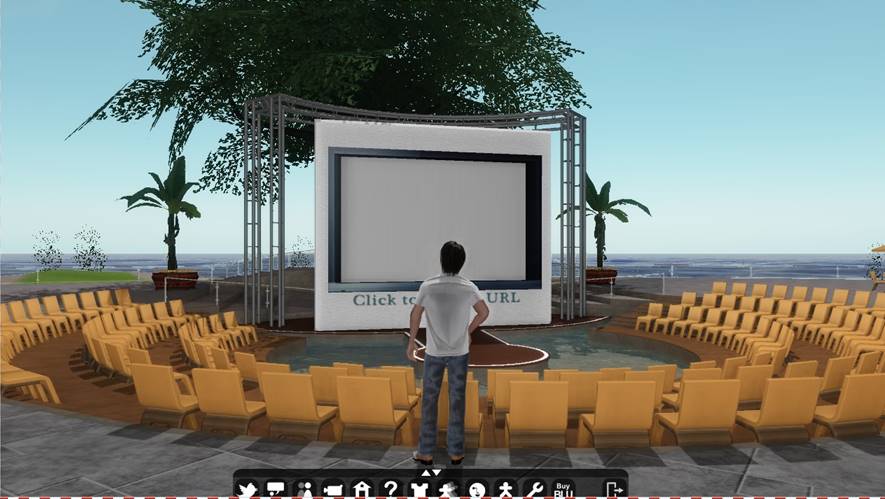
1st November 2022, doors open 5.30pm @ The Margate School
In recent years, sociological and geographical writing has seen a rebirth of interest and appreciation of ruins, abandoned and neglected spaces of industrial modernity. This work has often emphasised the sensuousness and material nature of industrial ruins largely in terms of decay, disorder and blight, or the affective elements of these spaces through concepts such as ‘ghostliness’ and ‘haunting’. This paper is an investigation into ruins or abandoned spaces which do not have materiality or temporality: digital ruins. Existing in a kind of eternal present, such spaces do not decay, yet still demonstrate many of the experiences of what we understand to be ruin, abandonment or blight. This presentation is based on my autoethnographic research of three abandoned or nearly-abandoned virtual worlds (Twinity, Active Worlds, Blue Mars), and reconsiders the notions of ‘ruin’ within the increasingly important context of digital spaces, the utopian rhetorics which framed the development of these worlds, and situates the digital ruin within a wider critique of digital prosumerism and the digital economy. It also calls for a reframing of the internet more widely as a space not only of inevitable ‘progress’, but also as a space of endemic abandonment and waste.
Phil Hubbard | Borderland: Identity and Belonging at the Edge of England
Public Lecture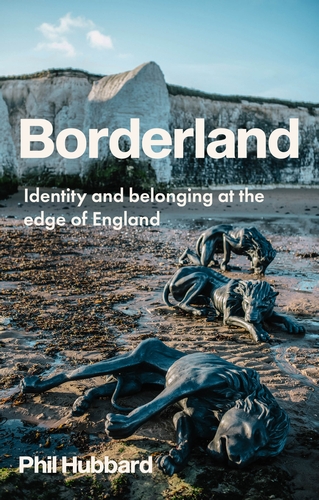
Postponed
The conjunction of Brexit, the Kent variant of COVID-19 and the ‘migrant crisis’ has put the county in the headlines like never before. Images of asylum seekers and refugees on Kent beaches, lorries queued on motorways and the crumbling white cliffs of Dover have all been used to support ideas that severing ties with the EU was the best – or worst – thing the UK has ever done. In his book Borderland, Phil Hubbard – an exiled man of Kent – considers the county’s role as the imagined ‘frontline’ of the nation, alighting on a number of key sites which symbolise the changing relationship between the UK and its continental neighbours. Moving from the geopolitics of the Channel Tunnel to the cultivation of oysters at Whitstable, from Derek Jarman’s feted cottage at Dungeness to the art-fuelled gentrification of Margate, Borderland bridges geography, history, and archaeology, to pose important questions about the way that national identities emerge from contested local landscapes.
Book Here soon
